Heterogeneous Computing
FPGA’s Advantages in Handling Intensive Computations
As the demand for computing power continues to grow with machine learning and cloud services, heterogeneous computing has gradually become the mainstream solution for high-performance computing. FPGAs are also stepping into the spotlight, appearing in various data centers.
Intensive Computation
Specific computational tasks such as matrix operations, machine vision, image processing, search engine ranking, and asymmetric encryption are naturally suitable for processing by FPGAs, which are often utilized in data centers to offload such tasks from CPUs to FPGAs.
For instance, the Stratix series FPGAs perform integer multiplication with performance comparable to a 20-core CPU and floating-point multiplication with performance akin to an 8-core CPU.
Intensive Communication
FPGAs inherently have advantages in throughput, capable of connecting to 40Gbps or 100Gbps network cables and processing various data packets at line speed, all while requiring no instructions, ensuring stable operation with extremely low latency.
The heterogeneous model of FPGA collaboration with CPUs can significantly enhance device performance in complex edge environments.
Introduction to FPGA
From Convolution Operations, DPU to High-Speed Data Acquisition
What is the Difference Between FPGA and Digital IC?
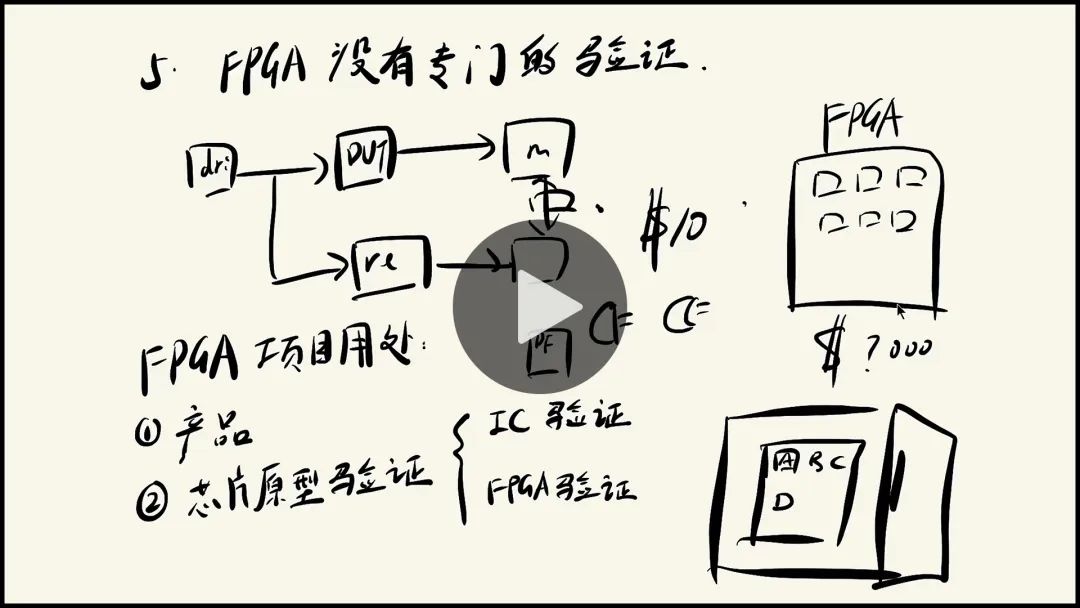
Some people struggle to distinguish between FPGA and digital chip development, as both involve writing Verilog. However, there are many differences.
Hardware Influencer: Peter Pai
Introduction to Convolutional Neural Networks – FPGA Knowledge Framework
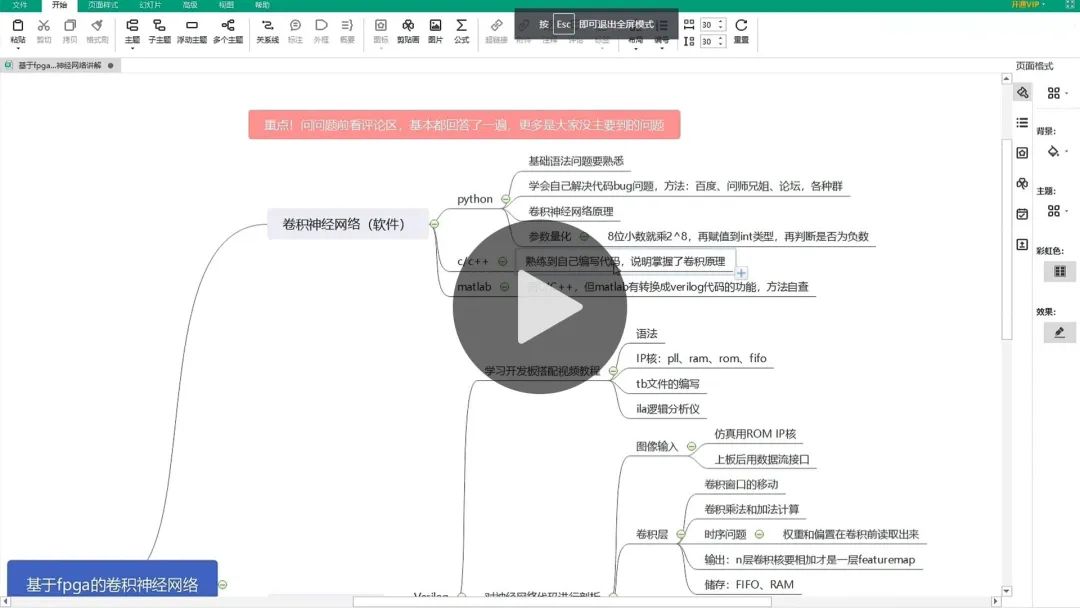
What FPGA-related knowledge is required for using FPGAs in machine learning with convolution algorithms? The mind map in the video can be obtained in the community.
Hardware Influencer: cxlisme
Convolutional Neural Network Verilog Code Simulation
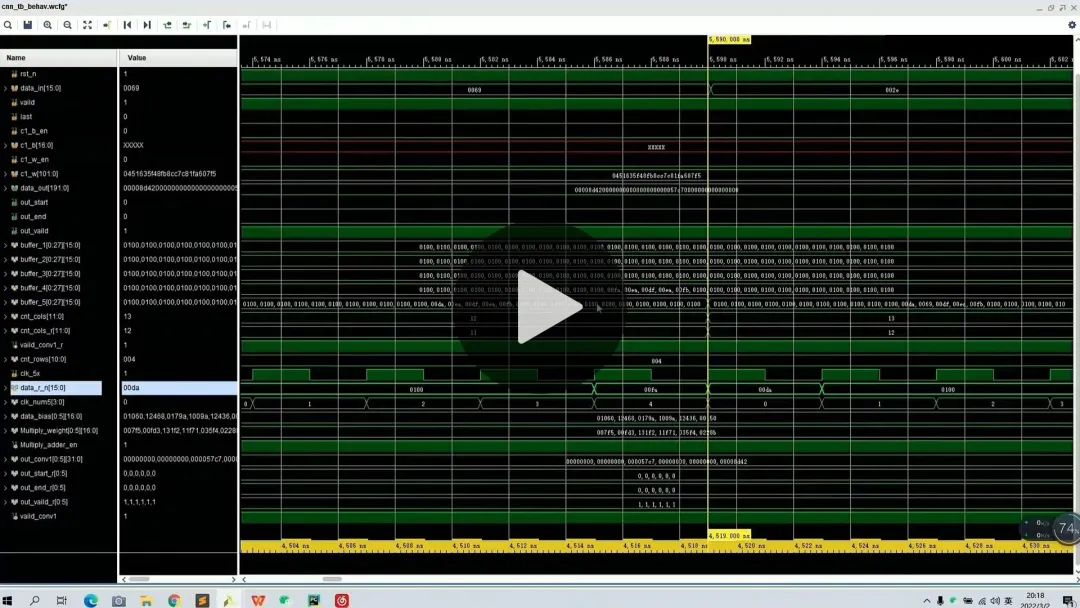
This section explains the process of image data transformation in convolutional neural networks with respect to Verilog code. Related materials have been open-sourced and can be obtained in the community.
Hardware Influencer: cxlisme
Using FPGA to Compile Your Own DPU Hardware
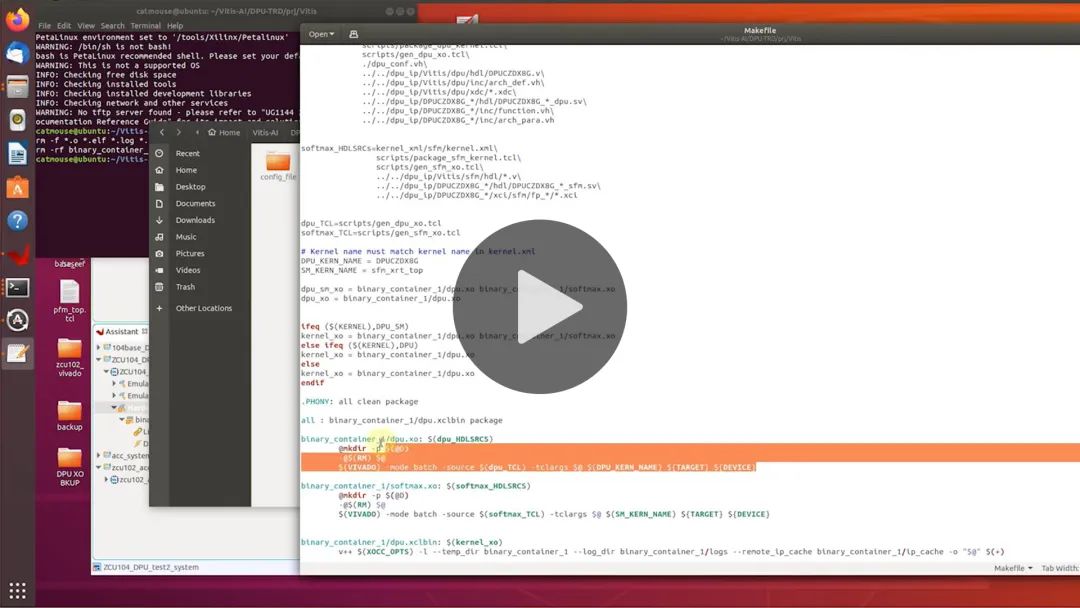
In-depth tutorial on Vitis, a series for developing DPU applications using FPGAs.
Hardware Influencer: The Mouse Eating Cat Food
High-Speed Data Acquisition Card Based on FPGA
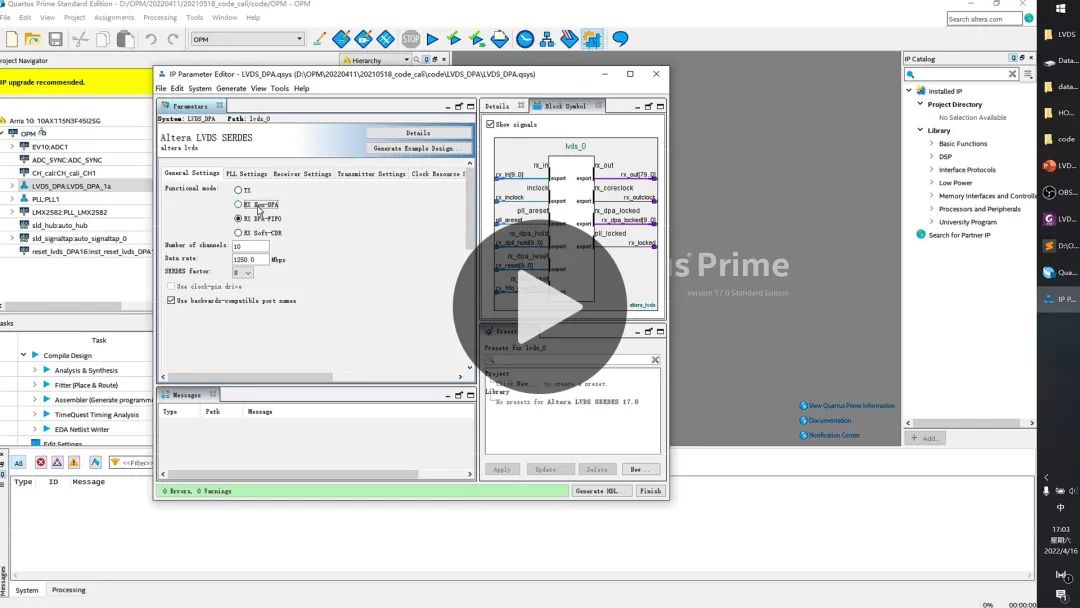
This section introduces the development process and key technologies of a high-speed data acquisition card with LVDS interface.
Hardware Influencer: Old Joe FPGA
👇 Click to read the original text, download the Hard Voice APP to watch more FPGA content.